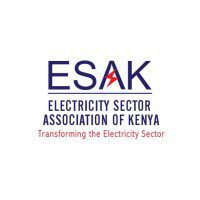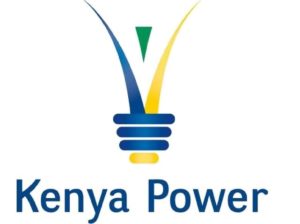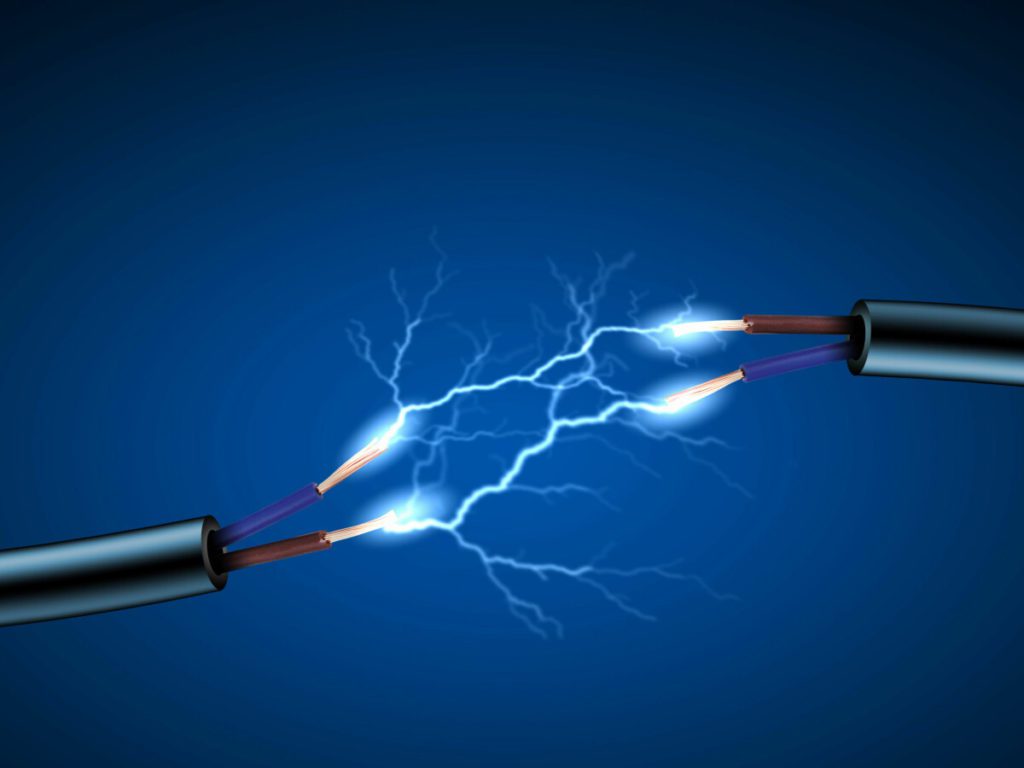Independent Power Producers (IPPs) in Kenya have requested that the Kenyan government should move to electricity auctions so as to reduce the costs of electricity as opposed to canceling the contracts that already exist.

The Chairperson of the Electricity Sector Association of Kenya (ESAK); George Aluru stated that the Kenyan government should move to an open auction tenders system instead of the present system of Feed In Tariff which has resulted in a drop in competition among participants from the private sector, as well as the cost electricity in Kenya, getting high.
As it stands right now, Kenya uses a Feed In Tariff method for electricity generators. What this means is that the companies who build or create plants in Kenya, have to structure their business in a way that said businesses sell at the rates which have already been set even if the businesses produce or generate at more affordable costs.
Read Also: Mobile Money Transactions In Kenya Reach 1.82 Trillion Kenyan Shillings First Quarter of 2022
In the words of the Chairperson of the Electricity Sector Association of Kenya (ESAK); George Aluru, “With auctions, the government comes and say maybe it needs 80 megawatts of solar or wind in a certain place and then many people will come and bid and say I can do it at four or six cents for instance, based on costs, the capability of the person bidding and other factors.”

Mr. George Aluru added that, “This way costs will come down because of competitive tendering which means private players will compete by generally trying to undercut each other.”
The Kenyan government has so far, not been able to provide a fresh set of energy price slashes via the renegotiations of the contracts with the Independent Power Producers (IPPs), thus becoming a further indicator of how the Feed In Tariff fixed price method is not advantageous.
Read Also: Kenya’s Inflation Now At 27 Month High
Monica Juma who is the Energy and Petroleum Cabinet Secretary (CS), made it known back in January of 2022 that the cost of power would be reduced by tge 31st of March 2022, fulfilling President Uhuru Kenyatta’s pledge to reduce the electricity costs for households in Kenya.
The costs slashes were however, dependent on a deal to carry out a review of the Power Purchase Agreements (PPAs) which have been signed by the Kenya Power And Lighting Company (KPLC) during the past couple of years.

The Independent Power Producers (IPPs) which are owned by influential institutions like the World Bank, disagree with the unilateral move to reduce the cost at which the electricity is sold to the Kenya Power And Lighting Company (KPLC). This could potentially make room for a legal back and forth.
The Independent Power Producers (IPPs) revealed that they have spent up to billions of Kenyan Shillings in the construction of power plants via a combination of funds from shareholders, as well as debts which were secured on the back of wholesale electricity tariffs or Power Purchase Agreements (PPAs).
The concerns over possible legal battles with influential foreign investors, have led to the Kenyan government switching gears and deciding to go the way of renegotiating the deals with the Independent Power Producers (IPPs).
Read Also: KPLC To Benefit From 86.95 Billion Kenyan Shilling Government Loan
The Independent Power Producers (IPPs) while opposing the reduction, stated that Kenya does not have the unilateral right to change the contracted payments and capacity. They made it known that the Kenyan government is duty bound to protect said Power Purchase Agreements (PPAs) which were signed over a period of twenty (20) years.
How informative was this particular article? Are there any other news topics, categories, or How To topics, that you would like us to write on? Feel free to reach out to Nexbit KE in the comment section.


